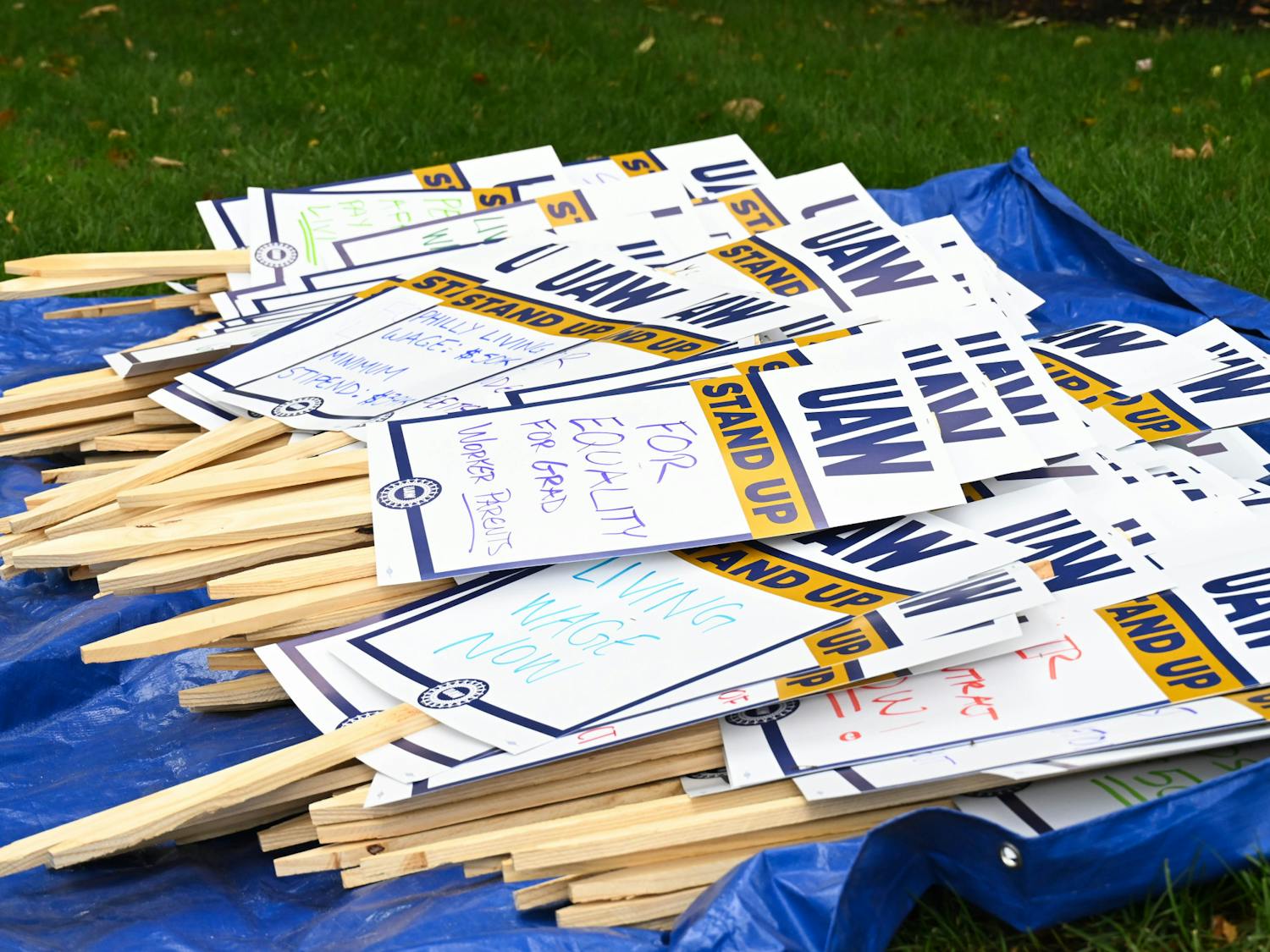Thanks to Anita Hill, millions of Americans have heard of it. But knowing it exists and understanding what sexual harassment is are two vastly different things. At the University, as around the nation, men and women are still unclear about what actions constitute sexual harassment and even about how prevalent incidents of harassment are. In the wake of two recent sexual harassment allegations on campus, students indicated this week that there is no common ground for determining what is "unwanted sexual attention," the University's definition of sexual harassment, or how often it occurs. But according to a 1985 survey, which administrators said represents today's numbers as well, 35 percent of undergraduate women experience sexual harassment while they are students here, mainly from other students. The survey also showed that 19 percent of female graduate students and 11 percent of women faculty experience harassment on campus. These numbers, which a faculty committee uncovered through an extensive questionnaire, refer to incidents of unwanted sexual attention, such as teasing, pressure for sex or for dates, suggestive gestures, deliberate touching and sexual assault. Some students recently said they were surprised at the figures, saying they were either too low or too high, with many adding that there is no definition of harassment that can be applied across the board to precisely measure its frequency. "I'm amazed that [the percentage is] that low," College junior Deborah Brown said. "From my own experience and that of my friends, I'd say it could easily be 60 percent." Brown said the accepted definition of sexual harassment, in which "someone's being pinned against the wall and attacked," needs to change to include several other forms of unwanted attention. "The point is there are probably innumerable episodes like the [alleged] one at Theta Xi," Brown said. "That's what really needs to change and that takes a lot of education." Wharton senior Devansh Patel agreed, defining sexual harassment as "anything that would be overly aggressive or offensive." He cited experience as an indication of harassment's prevalence on campus. "Whenever you go to a party, you can tell when someone's hitting on a girl and she feels uncomfortable," he said. But College junior Dan Nestoe said that while he also thinks sexual harassment occurs on campus, he finds it hard to distinguish what incidents are sexually offensive and which are examples of women "jumping on the sexual harassment bandwagon." Nestoe said he thinks some women may use sexual harassment "to vent their frustration at male-dominated institutions they think are outdated." He added that people may say they have been harassed but do not have a clear idea of what harassment is. And College junior Daphna Shapiro said she thinks the issue of sexual harassment on campus is overblown, noting that as one of few women Physics majors, she would be especially vulnerable to harassment. "I've never experienced any [harassment] and in my eyes it's not a problem," Shapiro said. In the last two months, two University students have publicly come forward with sexual harassment charges against other students. In one incident, Fine Arts graduate student Amy Iwata filed charges with the Judicial Inquiry Office against Richard Clark, an exchange student from Edinburgh, claiming he grabbed her and refused to let go on an escort van in October. And in the other incident, College senior Katy Henrikson charged a Theta Xi fraternity member with repeatedly trying to kiss her despite her protests at a party two years ago. Besides those two events, Interim JIO Jane Combrinck-Graham said yesterday she has received several other sexual harassment complaints so far this year, some of which have been settled and some of which are still under investigation. Combrinck-Graham said that some of the women came forward this fall due to the increased attention paid to sexual harassment following University of Oklahoma Law Professor Hill's Senate testimony. And Office of Affirmative Action Director Joann Mitchell said last week that the nationally-publicized hearings have raised awareness on campus. But she said Hill's charges have become a "good news, bad news situation" because while more people are aware of sexual harassment now, many women may be disillusioned that a woman with a "high-degree of credibility" was not believed. "This may prove to be somewhat of a barrier," she said.
The Daily Pennsylvanian is an independent, student-run newspaper. Please consider making a donation to support the coverage that shapes the University. Your generosity ensures a future of strong journalism at Penn.
Donate







